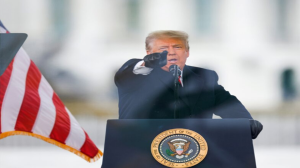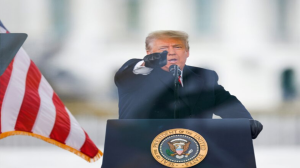An acute shortage of drug inspectors is threatening to weaken the regulatory oversight on the quality of the medicines, vaccines and biologicals being manufactured and sold in the country.
As per official estimates, over 60% of the vacancies of drug inspectors are lying vacant right now, at the central and state government levels. In December 2023, for instance, the ministry of chemicals and fertilisers informed the Lok Sabha that over 60% (303) posts are vacant at Central Drugs Standard Control Organisation (CDSCO) itself.
Experts said that the situation at CDSCO has not changed for the better since then. In fact, the situation is even worse at the state level. “There’s an urgent need to strengthen the monitoring apparatus in the pharma sector,” said Uday Bhaskar, director general at All India Drugs Control Officers’ Confederation (AIDCOC).
Key states like Gujarat, Maharashtra, Telangana, Andhra Pradesh, West Bengal which have a huge concentration of drug manufacturing units have over 50% of their drug inspectors posts lying vacant at the moment. Experts argue that the need to have sufficient drug inspectors are crucial right now since the companies with turnover of Rs 250 crore will have to comply with the revised Schedule M (Good Manufacturing Practices) guidelines from July 1 onwards while the MSMEs (micro, small and medium enterprises) have to comply from January next year.
“Now is the time when the vigilance is needed the most. The number of drug inspectors at the state level is not satisfactory at all,” said a pharma policy analyst.
The Schedule M guidelines of the Drugs and Cosmetics Act were revised recently to bring the Indian manufacturing standards in line with the current global standards outlined by the WHO (World Health Organization). At present, just about 2,000 units (out of 10,500) are WHO-GMP compliant.
“The lack of commitment from the central and state governments is the prime reason for this shortage. The issue of strengthening regulatory mechanisms in the country is highly neglected despite numerous recommendations of the committees appointed by government of India. It seems that the governments don’t consider drugs monitoring as a vital link in the healthcare system,” said Bhaskar.
At the central level, the hiring of drug inspectors are being carried out by UPSC (Union Public Service Commission) whereas the state public commissions are responsible for state-level hirings.
A recent report by Avendus Capital said that inadequate regulatory oversight and enforcement has increased distrust in Indian pharma products of late. “Low entry barriers and large profit pools have helped balloon Indian manufacturing base to 10,000-plus fragmented units. A large number of low-quality MSME units identified in recent years have made the government propose stricter quality and testing standards. Though the Indian regulations have become stricter on drug quality and manufacturing; surveillance and enforcement infrastructure still face significant shortages,” the report said adding that over 95% of the required volumes produced by the pharma units is untested currently.
“It’s not that there’s a shortage of people with these skills. Instead of adding new staff, there are several instances where junior officers are being given additional charge of inspectors in state government departments. If the medicines are being produced and exported without satisfactory checks, it is not only jeopardising the image of India but also putting the lives of people at risk,” said the pharma policy expert quoted above.









